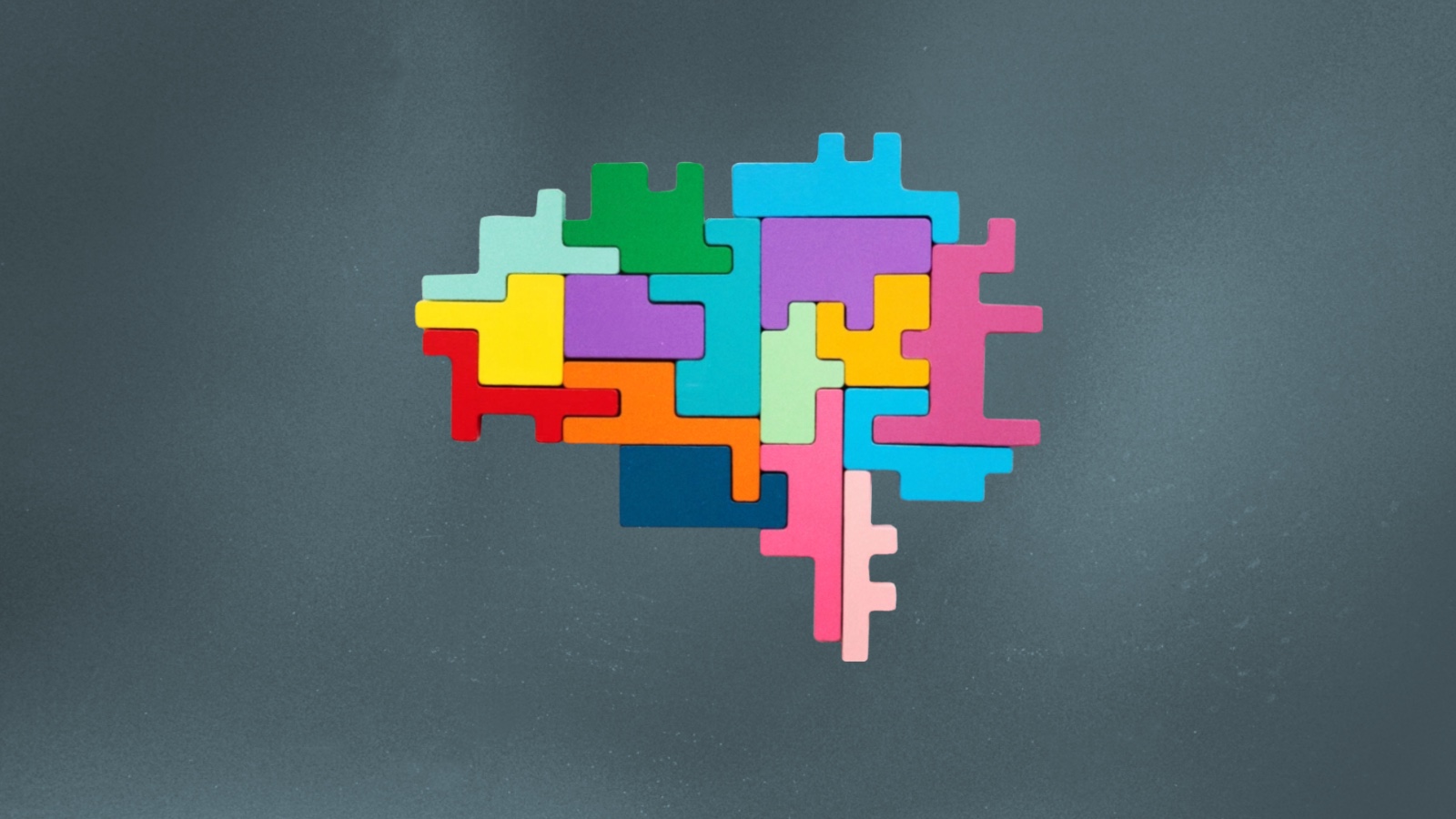Letting It Roll
Scientists have found that the brains of problem gamblers react more intensely to “near misses” than those of casual gamblers—possibly spurring them on to play more.
Sign up for the Smarter Faster newsletter
A weekly newsletter featuring the biggest ideas from the smartest people
Scientists have found that the brains of problem gamblers react more intensely to “near misses” than those of casual gamblers—possibly spurring them on to play more. The brain region that responds to rewards by delivering a dose of dopamine was found to be especially active in these people, indicating a possible correlation between brain chemistry and the severity of a gambling addiction.
Sign up for the Smarter Faster newsletter
A weekly newsletter featuring the biggest ideas from the smartest people




